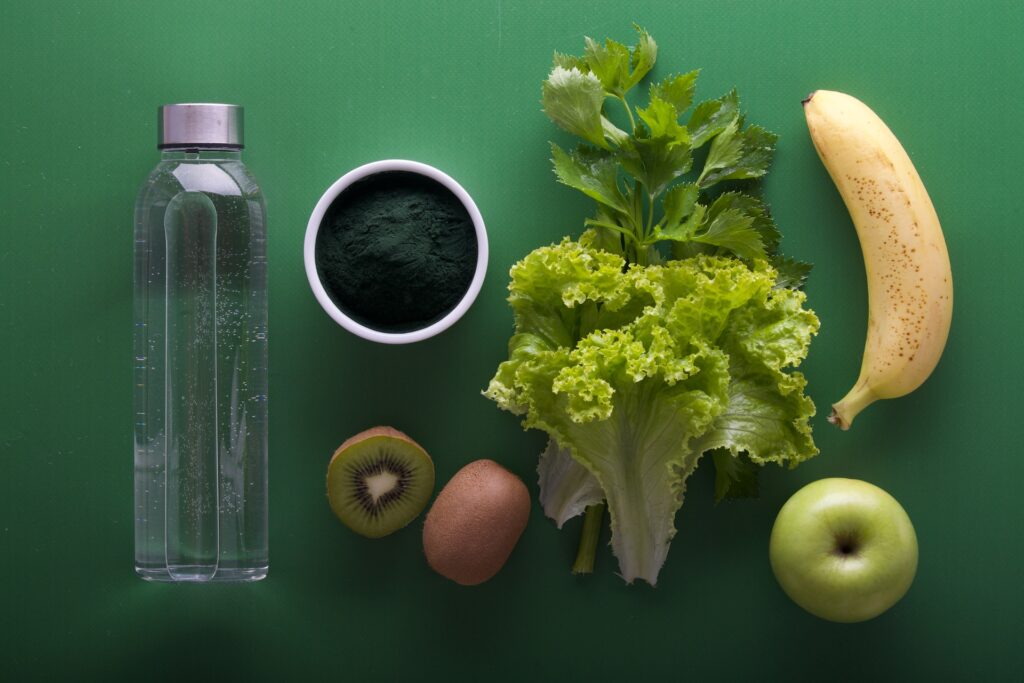The Ultimate Liver Health Formula In 2024
Step aside, detox misconceptions. A robust liver doesn’t demand extreme measures – adieu to juice cleanses and potent supplements. Instead, cultivate fundamental, mindful habits that wield significant influence.
Directing the spotlight onto the linchpin of liver health, we present pragmatic, uncomplicated approaches to fortify this essential organ. Unravel the secrets of nurturing your liver sans the detox hype—a gift that reaps enduring benefits. This season, endow your body with a perpetually nurtured liver, eschewing detox fads.
Alcohol and Your Liver: What You Should Be Aware Of #Liver Health Formula
It’s no secret that alcohol and the liver form an ill-fated alliance. Regrettably, chronic and excessive alcohol intake can precipitate various liver disorders (like fatty liver disease and alcoholic hepatitis). Essentially, these conditions stem from the liver’s struggle to metabolize and expel toxins. Moderation is key to maintaining a healthy liver—think less than five ounces of wine daily, or better yet, explore non-alcoholic alternatives.
Metabolism and Nutrient Processing:
The liver assumes a pivotal role in metabolic health by regulating glucose storage and release for energy. It processes and stores essential nutrients, governs cholesterol levels and triglycerides.
Detoxification:
The liver is integral to blood detoxification, metabolizing and neutralizing toxins, drugs, and harmful substances. It transforms toxins into water-soluble compounds, excretable through urine or bile.
Digestion and Nutrient Absorption:
Bile, produced by the liver, is indispensable for digesting and absorbing fats in the small intestine, aiding in the breakdown and absorption of healthy fats.
Blood Clotting:
The liver manufactures proteins crucial for blood clotting, influencing the blood’s clotting ability and preventing bleeding disorders.
Immune System Support:
Liver cells filter and eliminate bacteria and pathogens from the blood. The liver participates in immune responses, producing proteins that combat infections.
Vitamins and Mineral Storage:
The liver stores essential vitamins (A, D, E, K) and minerals (iron, copper), releasing them as needed.
Hormone Regulation:
The liver regulates hormone levels by metabolizing and clearing hormones from the bloodstream, impacting reproductive health.
Blood Sugar Stability:
The liver modulates blood sugar levels by storing or releasing glucose, ensuring a consistent energy supply, even during fasting or increased demand.
9 Healthy Habits for Maintaining Liver Health #Liver Health Formula
Caring for your liver encompasses a holistic approach. Incorporate these practical steps into your routine for optimal liver support without resorting to extreme detox measures.
- Prioritize Hydration: Water aids in toxin elimination, supporting the liver’s natural detox process. Include liver-friendly herbal teas like dandelion or green tea.
- Adopt a Colorful Diet: Consume a variety of fruits and vegetables rich in antioxidants to combat oxidative stress and inflammation.
- Embrace Healthy Fats: Avocado, nuts, seeds, and olive oil with omega-3 fatty acids support liver function.
- Moderate Protein Intake: Opt for lean protein sources like poultry, fish, and plant-based options to maintain balance without straining the liver.
- Practice Mindful Alcohol Consumption: Limit alcohol intake to minimize inflammation and organ damage.
- Engage in Regular Exercise: Exercise manages body fat, reduces fatty deposits in the liver, and enhances blood circulation.
- Prioritize Quality Sleep: Aim for 7-9 hours of sleep to support essential liver functions like detoxification and repair.
- Include Liver-Loving Ingredients: Incorporate anti-inflammatory turmeric and detoxifying garlic into your meals.
- Be cautious of your sugar consumption as excessive sugar can contribute to liver fat accumulation and insulin resistance. Opt for natural sweeteners and limit the intake of sugary beverages and processed foods. Maintaining a balanced sugar intake helps prevent unnecessary strain on the liver and supports overall metabolic health.
Winter Liver Care:
As the colder months approach, be aware of factors that exacerbate liver problems, including reduced physical activity and high-calorie comfort foods. Maintain a balanced diet, stay well-hydrated, exercise regularly, and moderate alcohol consumption. Regular health check-ups and consultations with healthcare professionals aid in the early detection and management of winter-related liver concerns.
Winter Challenges and Liver Health:
Winter introduces unique challenges for liver health, with factors like decreased physical activity and the allure of high-calorie comfort foods. Contrary to the misconception that alcohol provides warmth, the feeling of warmth is merely a false sense induced by alcohol-induced vasodilation.
Moreover, dehydration is a common concern in winter, as people tend to consume less water. This, coupled with an observed rise in alcoholic liver disease during the colder months, underscores the importance of adequate hydration for optimal detoxification processes.
Winter Liver Care Strategies:
To safeguard your liver during winter, adopting a balanced diet rich in fruits, vegetables, and whole grains is crucial. Limiting the intake of fatty and sugary foods is equally important. Despite the colder weather, maintaining well-hydrated is paramount. Regular physical activity remains vital to prevent sedentary habits and support overall liver health.
Moderation in alcohol consumption becomes even more crucial during winter, as excessive drinking can compound liver issues. The experts emphasize the significance of regular health check-ups and consultations with healthcare professionals for early detection and management of emerging liver concerns during the winter season.
In addition to the general tips for maintaining liver health, consider the following winter-specific strategies and Liver Health Formula:
- Warm Beverages: Incorporate warm beverages like herbal teas into your routine to stay hydrated and boost liver-friendly properties.
- Seasonal Superfoods: Include seasonal fruits and vegetables known for their liver-supporting properties. Foods like pomegranates, citrus fruits, and cruciferous vegetables can be beneficial.
- Cold-Weather Exercise: Find indoor exercise routines or embrace winter sports to stay active even in colder temperatures.
- Vitamin D Supplementation: With reduced exposure to sunlight during winter, consider vitamin D supplementation to support overall health, including liver function.
- Liver-Boosting Soups: Prepare nutrient-rich soups with ingredients like turmeric, garlic, and ginger to enhance liver health during the colder months.
#Liver Health Formula
Read More >>https://trenditweetz.com/malaria-mosquito/





Pingback: Sending No Weight Gain Vibes This Christmas With These 10 Pro Tips With Do's And Dont's
Pingback: Snoring Hacks: 7 Tips and Solutions for a Silent Night
Pingback: Beyond COVID-19: The Looming Specter of Disease X